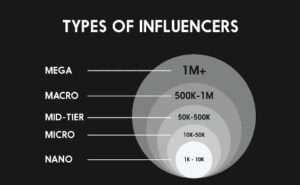
Google algorithms play a pivotal role in determining the search engine rankings of websites. Here are some of the key Google algorithms and a brief explanation of each:
Google PageRank (PR): One of the earliest algorithms, it focused on evaluating the importance of web pages based on the number and quality of links pointing to them. Higher quality and quantity of inbound links led to higher PageRank.
Google Panda: Introduced in 2011, Panda aimed to penalize low-quality content and reward high-quality, relevant content. It targeted sites with thin or duplicate content, ensuring that only valuable content ranked well.
Google Penguin: Launched in 2012, Penguin primarily focused on identifying and penalizing websites that used manipulative link-building tactics. It aimed to curb the use of spammy links to boost rankings.
Google Hummingbird: In 2013, Hummingbird aimed to better understand user intent and context. It improved search results by interpreting the meaning behind search queries and providing more relevant results.
Google Pigeon: Introduced in 2014, Pigeon aimed to improve local search results. It ensured that local businesses appeared in relevant local searches and brought local search ranking factors more in line with traditional SEO factors.
Google Hummingbird: In 2013, Hummingbird aimed to better understand user intent and context. It improved search results by interpreting the meaning behind search queries and providing more relevant results.
Google Mobile-Friendly Update: Also known as “Mobilegeddon,” this 2015 algorithm prioritized mobile-friendly websites in mobile search results. It aimed to enhance user experience on mobile devices.
Google RankBrain: Implemented in 2015, RankBrain uses machine learning to interpret ambiguous queries and deliver more accurate search results. It’s a crucial part of Google’s algorithm for understanding context and user intent.
Google Fred: Launched in 2017, Fred targeted websites with low-quality, ad-heavy, and affiliate-focused content. It aimed to improve user experience by penalizing sites that prioritized revenue over user value.
Google BERT: Rolled out in 2019, BERT focuses on understanding the context of words in search queries, particularly prepositions like “to” and “for.” It helps Google provide more relevant and accurate search results.
Google Core Updates: These are major updates that Google frequently rolls out to refine its algorithm. They can impact rankings significantly and usually focus on improving the overall quality of search results.
These algorithms are constantly evolving to provide better search experiences for users. Staying informed about their updates and aligning your SEO strategies with them can significantly impact your website’s visibility and rankings.
















































